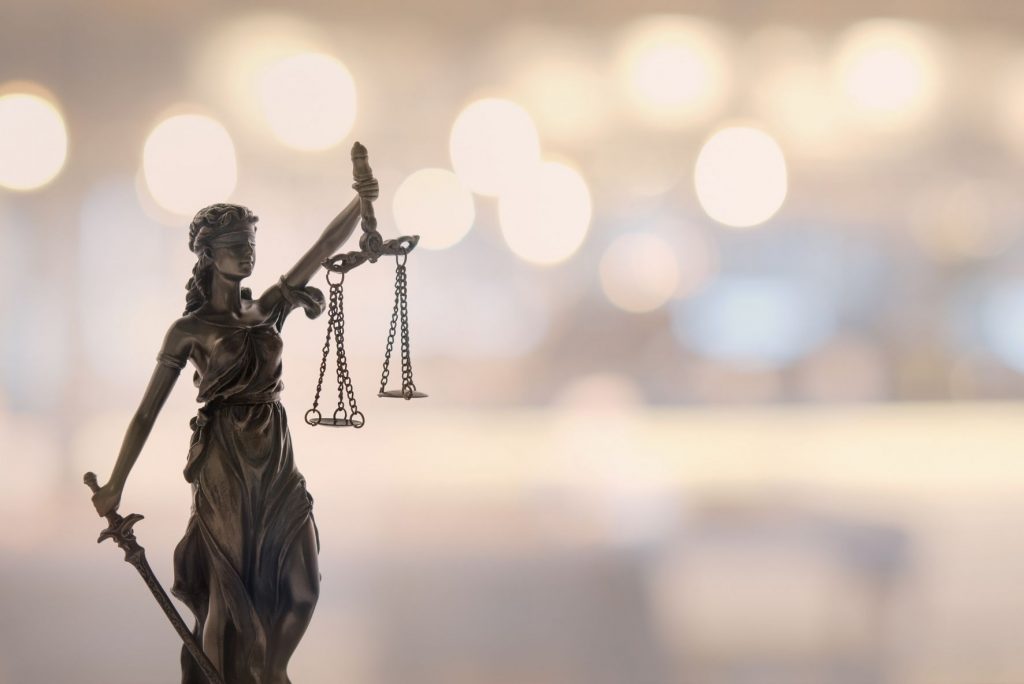One of the fundamental rights of a person who is suspected of being involved in a certain crime is the right to silence. Popularly known to people as the right to remain silent, everyone has the right to stay silent or not answer questions asked by the police or any interviewer in an informal setting. The right also covers written statements, not just the verbal ones.
As simple as it is, a lot of suspects forget to practice this. This compromises their defence and places their winning chances at a high risk as the police or the complainant may use it against them during trials. Most of the time, the police may inform you that they just simply need your statement for recordkeeping purposes or that you now get a chance to tell your side of the story. In this situation, all you need to do is to simply inform them that you won’t be giving an interview or making any comment.
Many people in such situations fear that if they don’t give a statement, people may perceive them as already “guilty” of the case. This is not true and this is where the importance of seeking advice from an experienced lawyer Sydney comes in. Practising your right to silence only shows that it is the prosecution’s burden to find evidence to prove the accusations. It also shows that suspects have the right to not participate in any forced interrogations for criminal cases.
Right to Silence Exception
Refusal or declining police interviews is a right. This is the tricky part. It is a common practice for the police to attempt to interview a crime suspect, but they need to inform the suspect of their right to silence and be sure that this message is understood. The only exception for this is when the questions are about one’s name, birth date and address. It is a must that these questions are answered.
Formalisation of the Right
The New South Wales Evidence Act 1995 formalises a person’s right to silence. As stated in section 89 of the legislation, the prosecution or the court may not draw an adverse inference based on the fact that a suspect practice this right unless a prior special warning was given that staying silent will compromise his or her defence, especially in serious indictable cases.
Reactions of the Best Lawyers in Sydney to Reforms
This basic right is abused by some people, which triggered the NSW Parliament to introduce various criminal law reforms to speed up trials and make them more efficient. Among the reforms introduced are the mandatory statement of an alibi and the mental status of the suspect.
Many lawyer Sydney and the best law firms in Sydney have varying opinions about these reforms. Some of the best lawyers in Sydney criticised the lack of legal help provided to defendants, resulting from the stagnant legal aid budget set by the government.
Other lawyer Sydney mentioned that the reforms lessen the power of this human right during police encounters or interviews. Some of the best law firms in Sydney raised such an argument with the basis that the special warning and staying silent will affect a suspect’s defence in court.
As a response to the points raised by the best lawyers in Sydney and the best law firms in Sydney, the government focused on the argument that the adverse inference is important to eliminate what it calls a wall of silence. However, top-notch lawyers in the city are in doubt of this argument. They further state that the changes in the law only pressure the suspects and do not apply to witnesses.


